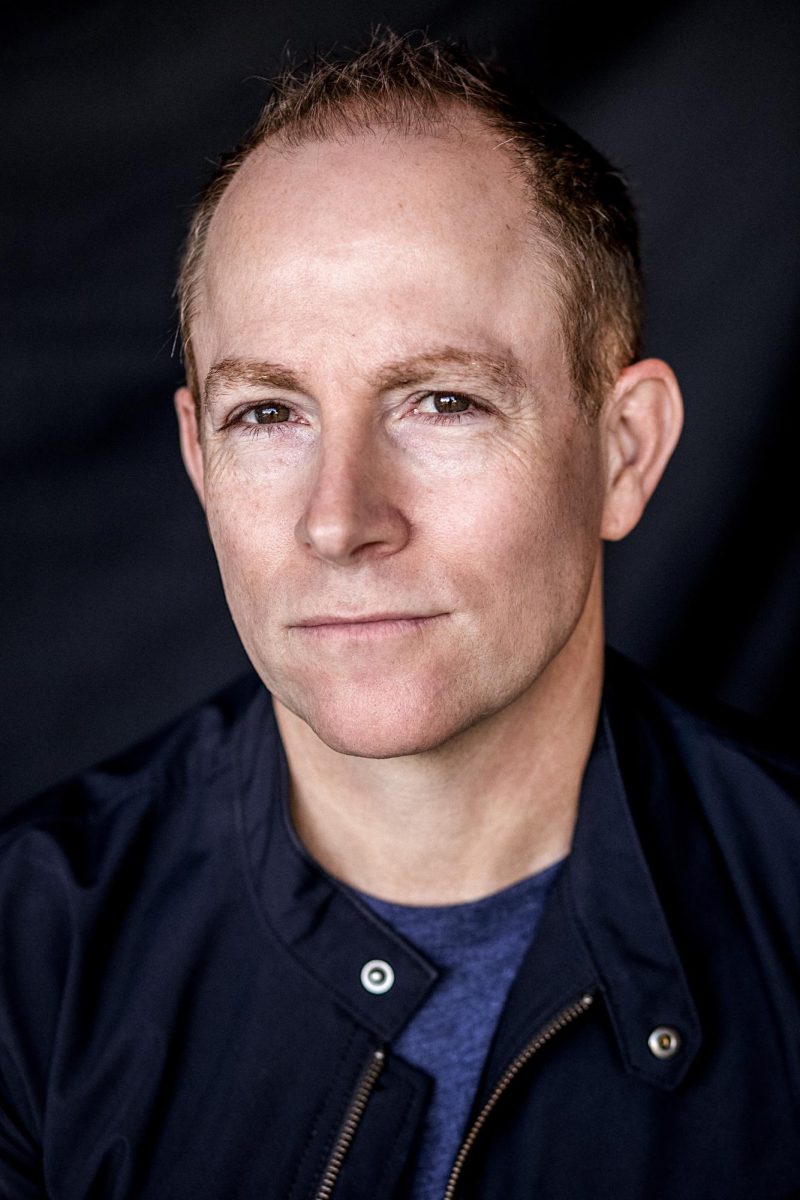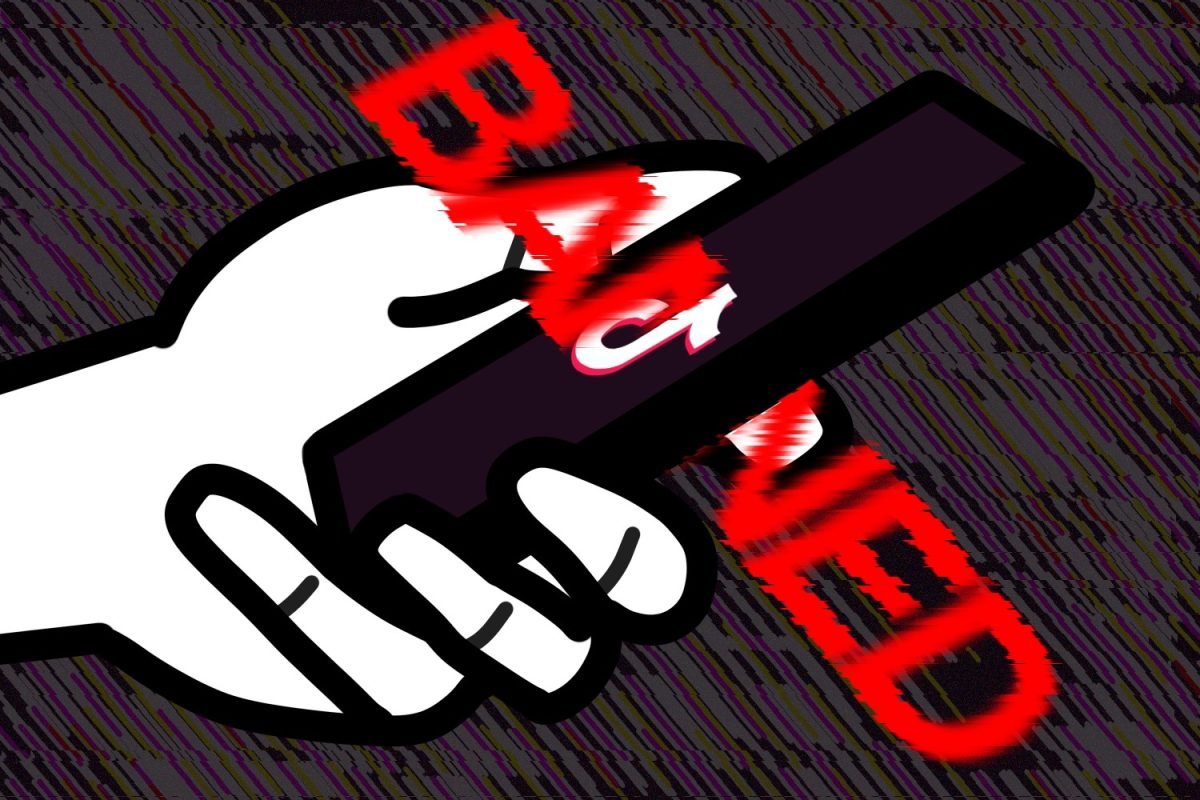Creating stories from scratch is a complex process that requires plenty of time and effort. Screenwriter and producer Mark Gunn gave Ms. Nicole Zaidi’s second-period creative writing class further insight into what it takes to write professionally and how to get started with putting together a story.
Mr. Gunn pointed out the various highs and lows of working in his industry. Being a screenwriter means that you are constantly writing and coming up with ideas to pitch to important people. Mr. Gunn recommends that no matter what the idea is, you have to write it down. In order to improve your skills, you have to keep doing it no matter what it is.
“You’ve got to love it,” said Mr. Gunn. “It’s a muscle. You have to keep using it, or it gets soft. Whether it’s a script, a short story, a poem, or even just witty dialogue jotted down at a coffee shop, you have to keep writing. Don’t just think about movies. Use words—any kind of words—to convey meaning, emotion, and character. That’s how you get better.”
It can be difficult to come up with creative ideas and get yourself to draft something. Making yourself sit and write down anything that comes to mind can significantly help the process. No matter what you have written down, you can put the pieces together as you have more ideas written.
Not only did he point out how important it is to keep practicing in order to strengthen your skills, but he also emphasized the importance of reading and the role it plays in writing.
“I read a lot, read a lot of Shakespeare, a lot of poetry, and read a lot of novels,” said Mr. Gunn. I think that it was hugely important to get a wide-ranging education in terms of how stories work in different forms.”
Working in the film industry, Mr. Gunn emphasized the importance of creating connections in order to prosper. This is what led Mr. Gunn to get his job at MTV, which was because he was able to have a producer show up to his documentary screening. To sustain a career, putting yourself out there is extremely important and creates more opportunities. There won’t always be consistent job opportunities, and Mr. Gunn emphasized how you have to keep creating new ideas and scripts, talk to more people, and be resilient through the process.
“When you’re in my business, you don’t say no to anything, because you don’t get as many opportunities,” said Mr. Gunn.
In relation to the creative writing class that Ms. Zaidi was working with for the screenwriting assignment, Mr. Gunn gave some important insight about creating a storyline and what the fundamentals of a good story are. After jotting down as many ideas as you can, you can create an outline. Mr. Gunn suggests using the 3-act structure to guide you through the process but allowing yourself to have the space to explore the story freely.
“You introduce a protagonist, you set up their status quo, what their life is like,” said Mr. Gunn. “Then something happens. It screws everything up, and they have to then figure out what to do now, something that they usually have to be active about and do. It doesn’t just happen. It can happen to them, but they have to take action, because movies are all about action. If you can have a strong character with a deep flaw that will be addressed over the course of the story and do something at the end of the movie that he never would have done at the beginning, you’ll have a great story, and the details will all come later.”
It takes a lot of time to perfect a script. There is a lot of writing and rewriting until everything comes together and becomes perfect. Mr. Gunn explained how Eric Roth, the writer for the Dune movies, would go over the script repeatedly every day from the beginning.
“You’re going to get a lot of notes about things you did wrong, and you have to rewrite it again and again and again,” Mr. Gunn said. “They will make you rewrite it forever until they finally say, ‘We’re done. Let’s go to the next level and give it to your boss or give it to the director or give it to the actors.’”
Mr. Gunn shared his thoughts on how to deal with bad reviews and the importance of taking constructive criticism but also being able to be confident about your abilities. Even during the writing process, there are a lot of changes and discussions being made about your writing.
“Frankly, it’s hard to look at your work and think it’s good, and then you give it to someone and they don’t think it’s good, and even if you disagree with them, you’ve got to figure out what it is about it that they didn’t like and see if you can address that, even if it’s not their suggestion, to figure out what’s wrong without messing up your story, which is hard to do,” said Mr. Gunn.
Mr. Gunn’s experiences and insight can be very helpful to students who want a career in screenwriting, like to write scripts, or are interested in writing and reading. It is a good reminder of what habits need to be created in order to write well.













